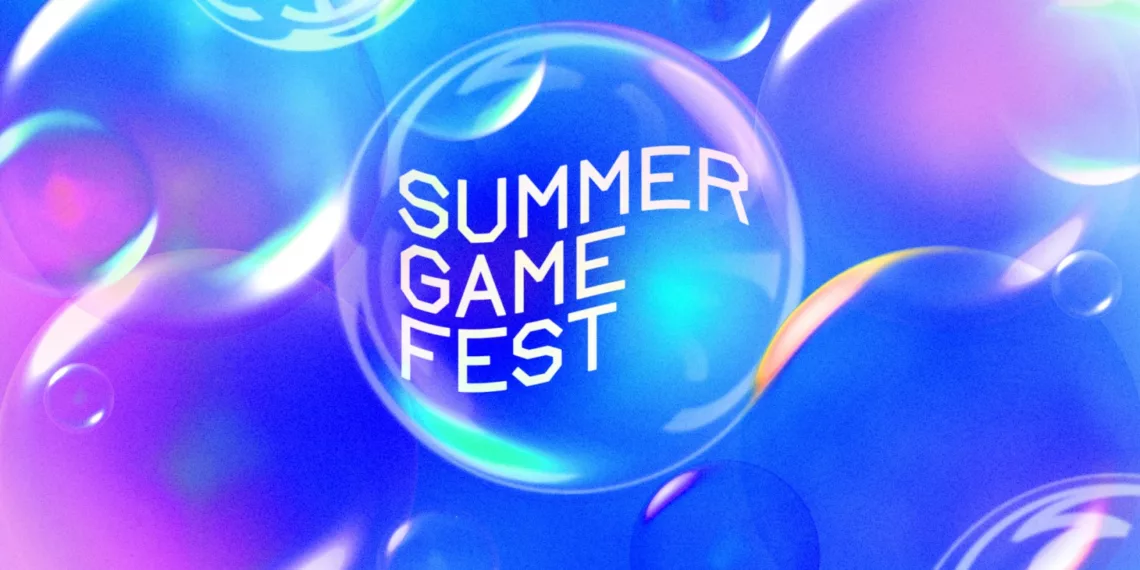The Summer Game Fest has emerged as a premier event for the gaming industry, filling the void left by the now-defunct E3. However, a recent report by Esquire has shed light on the staggering costs associated with participating in this highly anticipated showcase, organized by media mogul Geoff Keighley.
According to the findings, developers and publishers have to shell out exorbitant sums to secure coveted slots during the opening ceremony. The pricing structure reveals that a mere one-minute trailer at the showcase commands a hefty fee of $250,000. This cost escalates rapidly, with a two-and-a-half-minute slot setting companies back a staggering $550,000.
The report estimates that Keighley’s company raked in a whopping $9.65 million from last year’s showcase alone, based on the disclosed pricing tiers and the event’s lineup. These eye-watering figures have sparked a debate within the industry, with some questioning the accessibility of such a platform for independent developers and smaller studios.
“The current pricing tiers make Summer Game Fest an unattainable goal for most indie developers and publishers,” a PR professional told Esquire, highlighting the financial barriers that exist for smaller players in the gaming ecosystem.
However, it appears that Keighley has implemented measures to ensure representation from diverse voices. According to Kotaku’s corroboration, certain “free slots” are reserved for smaller, non-AAA games and studios, forming part of the event’s “earned editorial placements.”
Despite these efforts, the question remains: Who exactly is footing the bill for these exorbitant costs? While the event undoubtedly offers unparalleled exposure, with last year’s showcase peaking at 2 million concurrent viewers, the financial burden could be too steep for many developers, especially in the face of the industry’s ongoing layoffs and economic challenges.
Beyond the opening ceremony, Summer Game Fest extends its reach with physical events and additional revenue streams. Biz dev partner badges for a day’s access cost $500, while private meeting cabanas can set companies back a cool $50,000 for three days, providing exclusive spaces and amenities.
Amidst the scrutiny surrounding the event’s pricing model, Keighley has attempted to manage expectations for the upcoming showcase. In a recent Twitch stream, he described 2024 as a “lighter year” and rated his excitement level at 8/10, a statement that some have perceived as insensitive toward the developers investing substantial sums to participate.
As the gaming industry grapples with the aftermath of widespread layoffs and economic uncertainties, the Summer Game Fest’s financial dynamics have sparked a broader discussion about accessibility, representation, and the role of high-profile showcases in an ever-evolving landscape.
While the event undoubtedly provides a global stage for game reveals and marketing opportunities, the financial barriers it presents raise questions about the inclusivity and sustainability of such ventures, especially for smaller studios and independent creators.

















































